8 Top Tips For A Water Wise Garden
The water restrictions in Cape Town no doubt had a negative effect on our gardens. Conserving water is our number one priority, but that doesn’t mean you can’t have a garden to be proud of. With hot weather approaching, we need to take some steps to prepare and protect our garden.
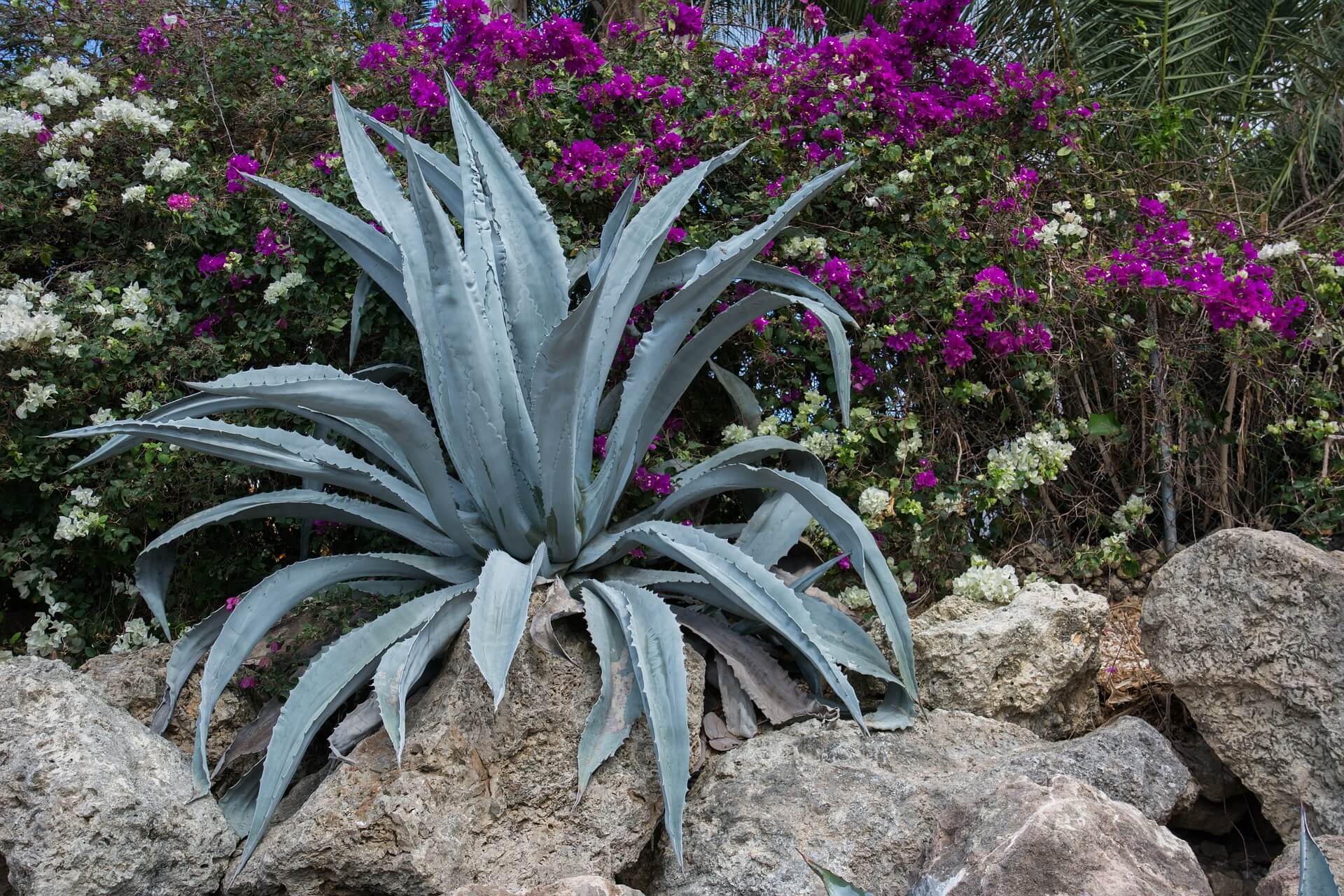
But Before we go there – make sure you like our Facebook Page for more Awesome Cape Town News, views, pics and Videos:
Here are some top tips for creating a drought-tolerant garden that will make your neighbors jealous.
Do you have any more water-saving gardening tips for us? We would love to hear them.
1.GET THE RIGHT PLANTS
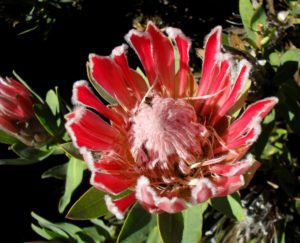
Plants that need a lot of water won’t survive during the summer months. Rather plant indigenous water-wise plants like fynbos or succulents. Make sure to get these new plants in the soil on a day that is expected to rain. This will help the new plants establish their roots.
Hardy plants that don’t need much water usually have similar characteristics. Look out for small needle-like foliage, grey foliage colour, hairy leaves, fleshy leaves, a waxy leaf surface, leaves that close up in dry spells, and leaves with a lighter shade underneath.
Water-wise Plants:
Aloe Ferox
Lavender
Helichrysum Dasyanthum
Echeveria Elegans
Star Jasmine
Confetti Bush
Senecio succulent
Geranium incanum
Carex grasses
Sour Fig
2. HARVEST WATER
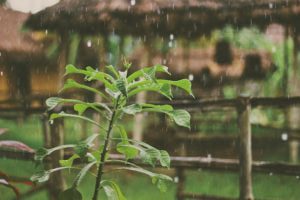
Using recycled water in the garden is the only way to go. Make sure you use and re-use every drop. Only water when needed and do so in the morning or night when the sun is low.
Ways to recycle water for use in your garden:
Cooled cooking water
Rinsing water from dishes
Catch water in a bucket when you shower
Install a greywater system
Catch rainwater by installing a water tank
3. LAWN
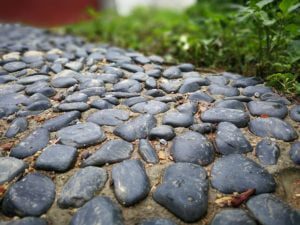
Re-consider your lawn and install paving or cobblestones instead. If you prefer the look of a lush green lawn, artificial/synthetic grass might be a better water-free option for you.
RELATED: 10+ Water Saving Tips To Avoid “Day Zero”
4. MULCH
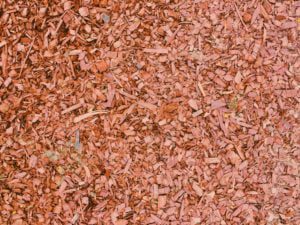
Reduce water evaporating from your soil by covering it in a layer of mulch. On a hot day, up to 70% of the moisture in your soil can be lost if it doesn’t have a protective layer. Avoid fine mulch that tends to clump as it can become water-repellent. Rather use a coarse mulch which allows water to seep through to the soil. Use generously, 8-10cm deep is ideal for garden beds.
Mulch Options:
Bark Chips
Pebbles
Pine Needles
Fallen leaves
Straw
Nutshells
Newspaper
Water-wise ground cover plants
5. ROCKS
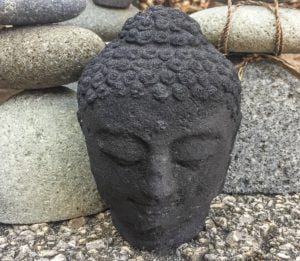
Large rocks, pebbles, and decorative stones can be arranged to create beautiful rock gardens, especially when coupled with succulents and air plants.
This is ideal if you have large open areas that are exposed to the afternoon sun. Large rocks will help cover surface areas while creating a statement without the need of plants.
6. SOIL
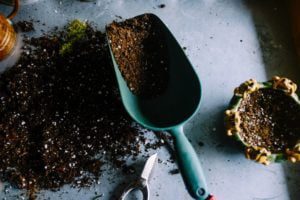
Make sure your soil holds the water you are giving it. Mulching will help, but what you put inside the soil will help it retain water for longer. This is even more important when you have pots or container plants. you don’t want all that precious water to just run out the bottom.
Add these to dry/sandy soil:
Compost
Peat moss
Perlite
Vermiculite
7. CREATE SHADE
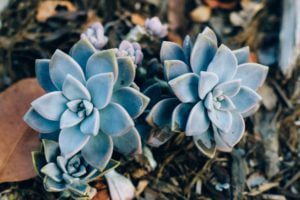
Protect your garden from the sun by creating shade. If you have a herb garden, cover it with a shade cloth in the hot summer months to prevent water loss.
Plant fast growing indigenous and water-wise shrubs and trees to protect your smaller plants from the elements.
8.MORE QUICK TIPS:
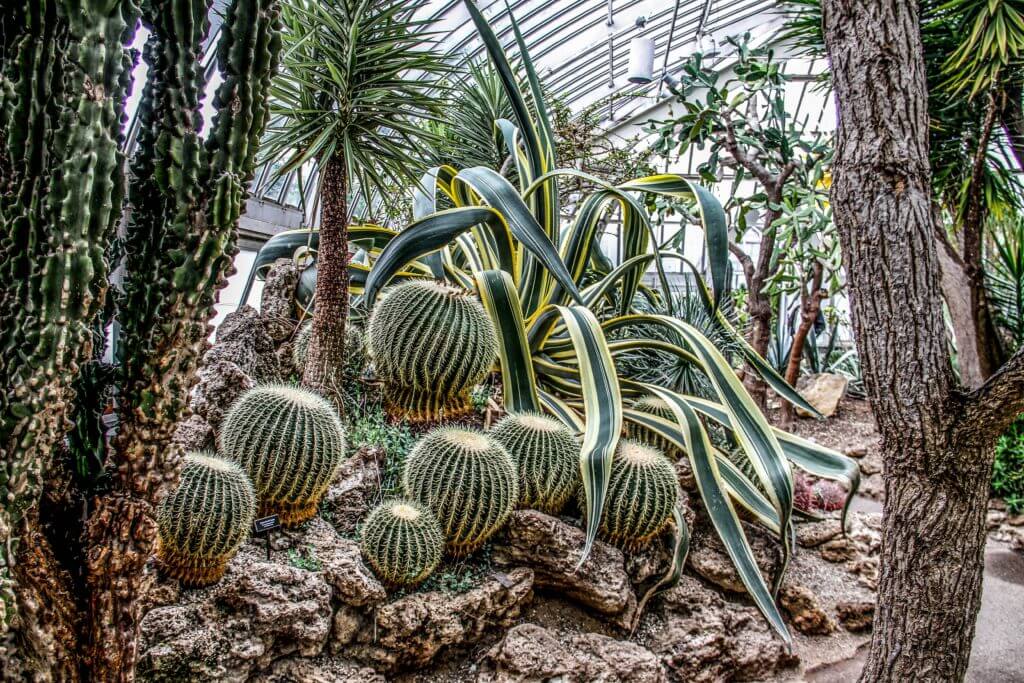
Remove water-hungry weeds regularly.
Replace terracotta pots with glazed clay pots or others made from less porous materials.
Remove any water-hungry plants that will suck up the moisture from your soil.
Make sure you like our Facebook Page for more Awesome Cape Town News, views, pics and Videos:


